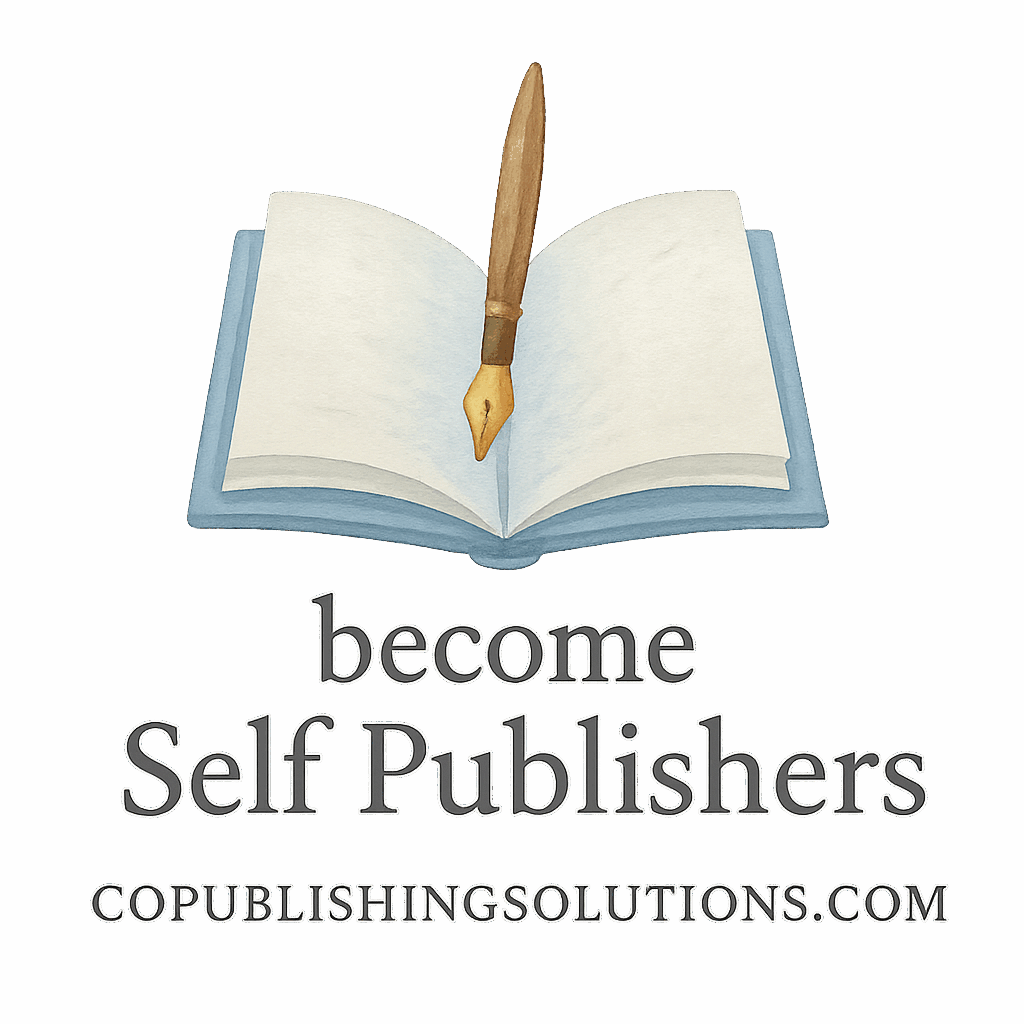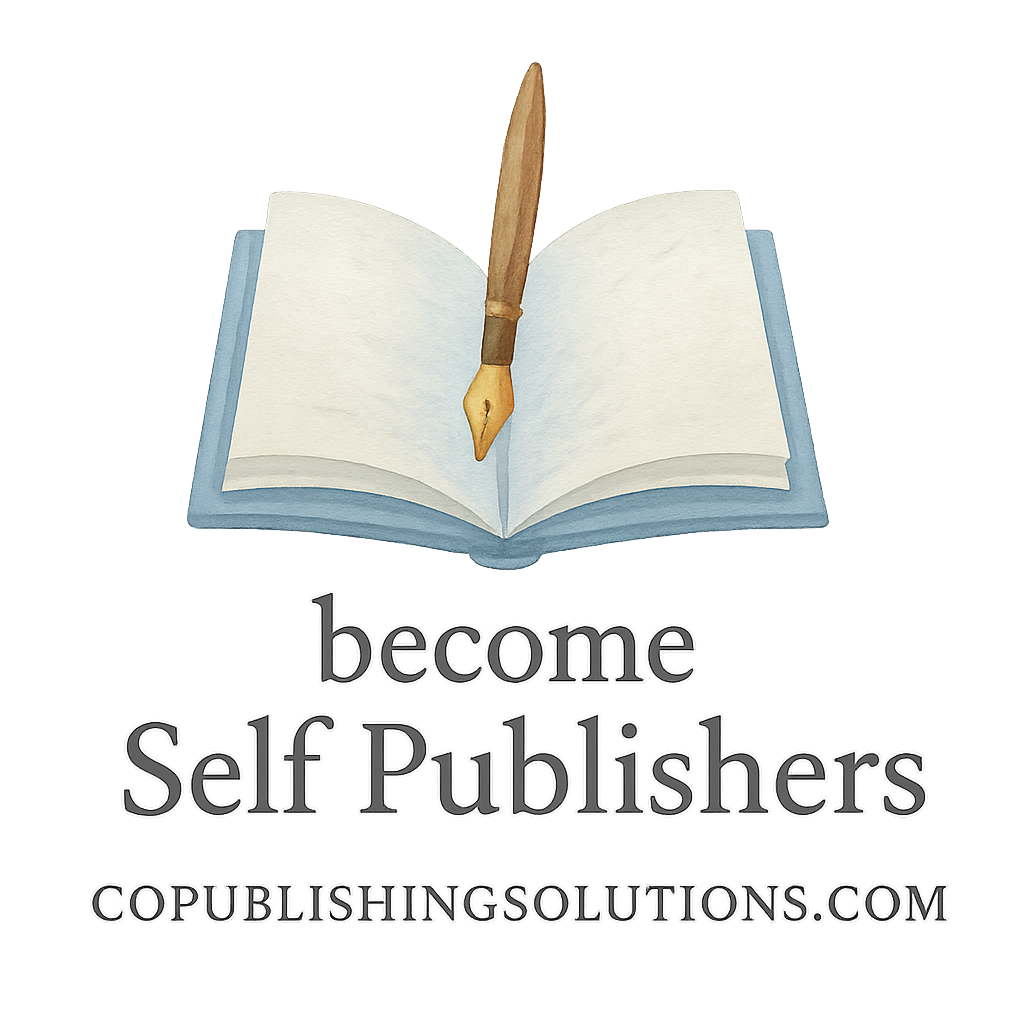Introduction: A New Chapter in Publishing
Remember the days when publishing a book meant sending query letters, hoping an agent bites, and waiting months—sometimes years—for a response? Well, times have changed.
Self-publishing has flipped the script. No longer are authors at the mercy of traditional publishing houses. Instead, writers are becoming entrepreneurs, designers, and marketers all at once—and it’s shaking up the entire book industry.
Let’s dive into the seven major reasons why self-publishing is rewriting the rules.
1. Creative Freedom for Authors
Ditching the Gatekeepers
Traditional publishing comes with a string of red tape—editors, marketers, and publishers can alter your story, title, and even your cover art.
With self-publishing, you call the shots.
You decide how your book looks, reads, and feels. Want to write a dystopian romance with talking dolphins? Go for it. There’s no committee telling you “this won’t sell.”
Explore more about the basics of self-publishing to understand how to maintain control over your creative vision.
From Manuscript to Masterpiece—Your Way
Design your book’s structure, layout, and tone exactly how you envisioned it. You even get to decide how many book pages to include and how they’re formatted. Learn more about book layout and formatting tips to make your story shine.
2. Higher Profit Margins and Income Control
No More Middlemen
Let’s talk money. Traditional publishers take a hefty cut. Authors often get just 10–15% in royalties. With self-publishing, you can earn up to 70% depending on the platform.
That’s a huge difference.
You can also set your own pricing, run promotions, and bundle books however you like—giving you full financial control. Discover strategies for monetization and maximizing book sales.
Passive Income Potential
Once your book is published, it continues to generate revenue without constant upkeep. That’s the dream, right? Make money while you sleep!
Dive deeper into how authors are building passive income streams through clever marketing and smart publishing practices.
3. Speed to Market Is Lightning Fast
Traditional Timelines vs. Indie Efficiency
A traditional book can take 18–24 months to hit the shelves. Self-publishing? Sometimes just days.
This is critical if you’re writing about trending topics or want to build momentum quickly.
Strike While the Iron’s Hot
When you control the timeline, you can ride the waves of opportunity. Whether you’re capitalizing on a news cycle or launching alongside a product, self-publishing lets you move fast.
Need help speeding up your workflow? Explore advanced publishing tools and platforms to make things smoother.

4. Global Distribution and Audience Reach
Amazon, Apple Books, and Beyond
You’re no longer limited to local bookstores. Platforms like Amazon Kindle Direct Publishing (KDP), IngramSpark, and Apple Books allow you to reach readers across the globe in just a few clicks.
Reaching Niche Markets
Your ideal reader might be halfway across the world—and that’s okay. Self-publishing helps you connect with niche audiences that traditional publishers might overlook.
Learn how a publishing content strategy can help target the right readers for your genre and goals.
5. Access to Advanced Publishing Tools
DIY Doesn’t Mean Low Quality
Gone are the days of poorly formatted eBooks. Today’s self-publishing tools are professional-grade, offering high-quality formatting, cover design, and editing.
From AI-powered layout tools to print-on-demand services, it’s never been easier to create a polished product.
Platforms That Empower Beginners
New to the game? No worries. There are platforms tailored for beginners, offering guided steps and support to walk you through the process.
Also check out some of the best publishing tools and platforms to streamline your journey from rough draft to bookshelf-ready.
6. Marketing Is in the Author’s Hands
Building a Personal Author Brand
You’re not just selling a book—you’re selling you. Self-publishing empowers you to craft your brand across social media, blogs, podcasts, and more.
From book design to messaging, your author brand reflects who you are.
Monetization and Marketing Magic
You can run ads, start email campaigns, build your author website, or use influencer collaborations. You’re in the driver’s seat when it comes to marketing and monetization.
Want help getting started? Learn how to build your audience with a killer content strategy.
7. The Rise of Hybrid and Collaborative Models
Self-Publishing Doesn’t Mean Solo
It’s a myth that self-publishing means doing everything alone. Many authors are embracing co-authoring models and collaborative platforms.
Take a peek at successful collaboration stories and co-authoring journeys to get inspired.
The Co-Authoring and Collaboration Trend
Working with another author can double your reach, split your workload, and bring fresh ideas to the table. Whether it’s an anthology or a shared universe, the possibilities are endless.
Conclusion: The Future Belongs to Indie Authors
The book industry is no longer a gated castle with a moat around it. Self-publishing has built a drawbridge—and anyone with passion, grit, and a keyboard can walk right in.
Whether you’re a novelist, nonfiction writer, poet, or journal enthusiast, self-publishing offers freedom, flexibility, and full creative control.
So if you’ve been sitting on a manuscript, maybe now’s the time to take that leap. The tools are there. The readers are waiting.
Start your journey with insights from CoPublishing Solutions and unlock your publishing potential.
FAQs
1. Is self-publishing worth it for first-time authors?
Absolutely! Especially for beginners, self-publishing offers a faster, more flexible route to getting your work out into the world.
2. How much does it cost to self-publish a book?
It varies. You can start with minimal investment using free tools, but budgeting for quality cover design, editing, and formatting is wise. Learn more about formatting tools and costs.
3. Can I make money from self-publishing?
Yes, and many do. With the right strategy, you can create multiple income streams and even build a business. Explore passive income methods to maximize earnings.
4. Do I need an ISBN for my self-published book?
Most platforms like Amazon provide a free ISBN, but having your own gives you more control over distribution and imprint branding.
5. What genres do best in self-publishing?
Romance, sci-fi, fantasy, and nonfiction how-to books tend to thrive. That said, niche genres also perform well with the right strategy.
6. How do I market a self-published book?
Think email lists, social media, podcasts, and even TikTok! Build your brand and explore book marketing strategies to reach your audience.
7. Is self-publishing considered professional?
Yes! Many bestsellers today are self-published. With high-quality design, formatting, and editing, your book can stand toe-to-toe with traditionally published titles.


